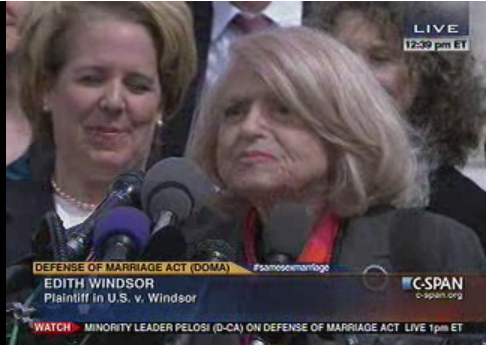Ed Whelan summarizes a Public Discourse essay arguing that the mere fact that a corporation earns a profit should not disqualify it for religious liberties.
1. “[O]ur laws regularly treat for-profit businesses as capable of forming and acting upon subjective beliefs, including beliefs about religion.… In the employment discrimination context, we have no problem finding that businesses can hold and act upon subjective beliefs about race, sex, sexual orientation, and even religion—and if businesses are found so to act, state and federal laws often hold them liable for discrimination. There is no principled basis for saying that for-profit businesses can form and act upon subjective beliefs about all of these other matters (and about religion, when discriminating), but cannot form and act upon beliefs about religion in other ways.”
2. “[O]ur laws do not treat the distinction between for-profit and non-profit entities as particularly significant in most contexts.… It is difficult to see why profit-making—which seems to have so little impact in so many areas of the law—should possess overriding importance in just one particular area: religious liberty.”
(On this point, I’d add that a nonprofit entity—say, a religious book store—could deal with the public in exactly the same way as a for-profit entity. It seems very strange that the religious liberty rights of the entities would differ based on their tax status.)
3. “[O]ur laws are frequently based on the simple reasoning that one way to pressure a business owner is to impose penalties on the business. This understanding supports the imposition of corporate criminal liability and corporate liability for impermissible discrimination under Title VII.… It is difficult, then, to see why the law should assume that religious business owners do not feel substantial pressure when the government imposes penalties on their businesses as punishments for religious exercises.”

